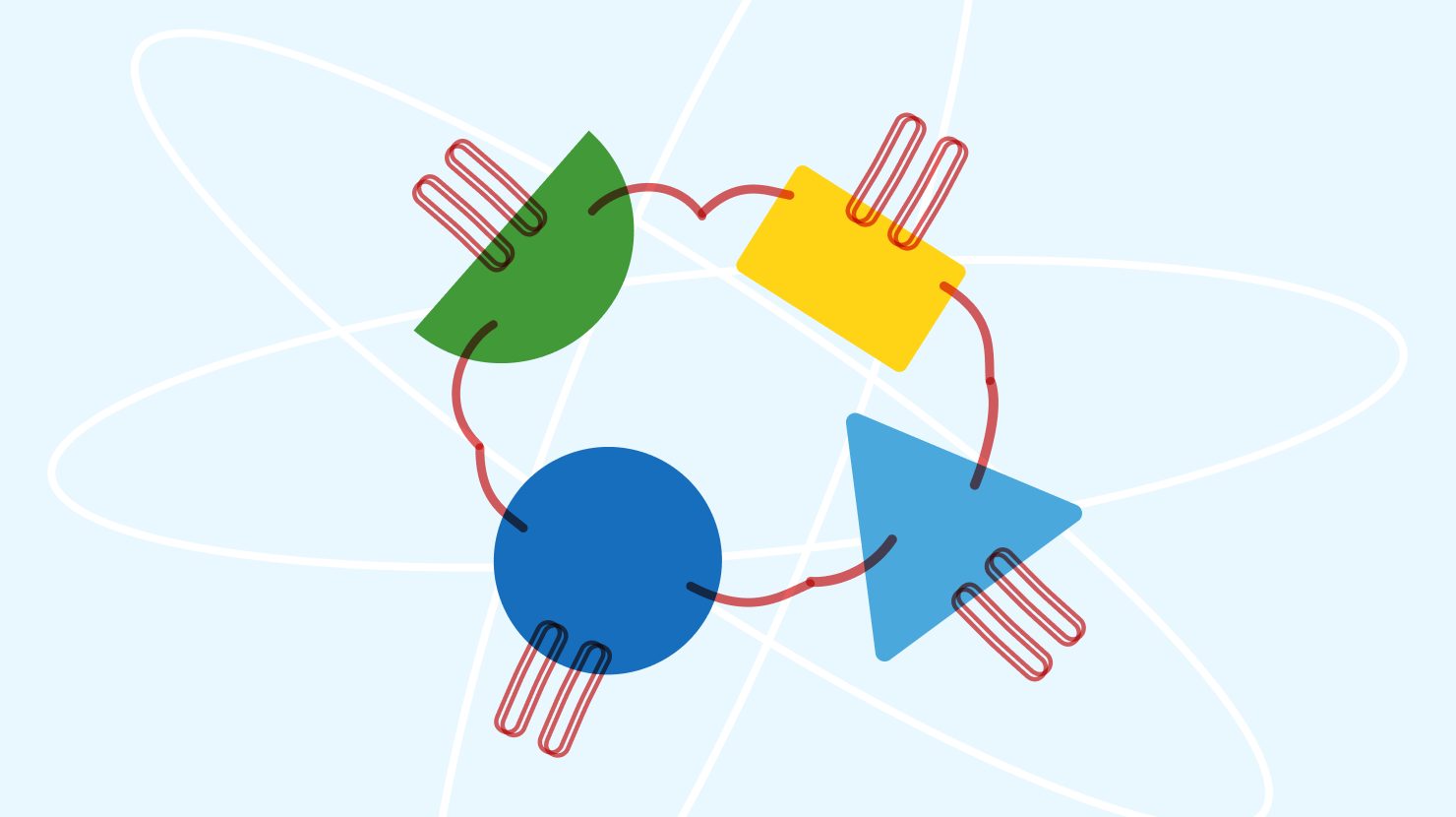6 min read

Over the past few months, organizations across North America (and beyond) are realizing the importance of going beyond diversity goals to ensure their workplace is inclusive and equitable. This means that not only are diverse groups of people represented but they also have a voice and feel welcome to contribute.
First, let’s define what exactly is Diversity, Equity, and Inclusion (DE&I):
Diversity is the representation of all our varied identities and differences (race, ethnicity, gender, disability, sexual orientation, gender identity, national origin, tribe, caste, socio-economic status, thinking and communication styles, etc.), collectively and as individuals. (Source: Ford Foundation)
Equity recognizes that not all individuals have access to the same opportunities due to structural or systemic barriers (glass ceilings, as an example). Equity means giving a boost to the folks that have historically been held back, to level the playing field.
Inclusion builds a culture of belonging by actively inviting the contribution and participation of all people. It’s going beyond getting “in the room” or a “seat at the table” and actually being heard.
Research in the past few years indicates that increasing diversity and creating space for everyone is beneficial for equity-seeking individuals and an organization’s bottom-line.

Diversity can boost productivity, innovation, and profit, but only if the organization’s efforts to increase diversity are continuous and focused on both equity and inclusion as well.
Leaders must embrace the idea that there's always more to learn and do—no matter how much you’ve accomplished, approach DE&I with a beginner’s humility. It’s easy to pat yourself on the back and claim you’ve done enough, but that can easily develop into complacency.
Here are our tips for effectively building DE&I in your organization:
In the era of cancel culture, we choose our words very carefully, especially in digital spaces like social media and through emails. We’re hyper-aware of potentially offending someone or risk saying the wrong thing.
Instead of worrying so much about offending someone, make it clear that as a humble leader, you're open to being "called out". If you are approachable and demonstrate an openness to unlearning and relearning, people will come to you. If you make a mistake, be prepared to own the responsibility, apologize, and communicate how you’ll do better.
We all have to get comfortable being in the wrong. We're human, and we make mistakes. If you learn from it, you can overcome these problems and gain some takeaways. There’s no one size fits all way to handle mistakes, but in general, practice humility and listen more than you speak.
This applies to your organization and your commitment to improving as an individual. We often see organizations single out employees who identify with equity-seeking groups to drive DE&I initiatives. Let's make it clear: it’s not the equity-seeking group’s responsibility to lead or teach, even if they're most passionate about these issues. Tasks associated with these initiatives are typically added on top of their existing scope of work and often without compensation, which can lead to burnout and frustration. If you want things to change, get your entire workforce involved. Chances are, other folks in your organization are interested and want to boost DE&I initiatives too.
As an individual, when you don’t know something on the topic of DE&I or the intricacies of oppression, take responsibility for filling your knowledge gaps. This could be done through reading, watching documentaries, or asking someone who is informed and knows more than you do for insight and advice. However, if you ask for someone’s help in educating you, accept that they might say no. At a fundamental level, education is a service that requires energy and emotional labor, so don’t be surprised if a DE&I professional asks for compensation. If this is something you and your organization are serious about, prepare a budget for the consulting services of DE&I professionals. If it’s a friend who declines, respect their rejection and find another way.
Yes, it’s true. More likely than not, you’ll come across friction at some point of the learning curve and get called out for it. And that’s okay. It’s why committing to continuous learning is so important. When it gets difficult or you get challenged on your dedication, persistence is the answer.
Management consultants Korn Ferry have laid out the most common mistakes in diversity and inclusion. First, don’t assume the root cause of any problem without taking the time to understand all parties and viewpoints. Another key mistake worth highlighting is focusing on solely existing representation instead of the talent pipeline. Despite greater overall diversity, the C-suite often remains the same. Organizations must understand and investigate what structural and attitudinal barriers exist that are deterring equity-seeking individuals from rising in an organization.
So, are you ready to start planning your DE&I initiatives? Use these as a guideline to get things on the right track:
Start fostering DE&I in your organization today by reaching out: hello@envolstrategies.com.
About Envol
Make your business human.
Envol partners with organizations across North America, achieving business results through agile human resources, recruiting, DE&I, and employer branding solutions – for a fraction of the cost of traditional agencies. Whether you’re a big brand like the University of Ottawa or a small organization just getting off the ground, our solutions were built to scale. Let’s do this!
Visit us at https://envolstrategies.com/.
Evelyn Ashworth
Evelyn is the Marketing Coordinator at Envol Strategies. She’s passionate about telling stories and building community through marketing. Her goal is to create tangible impact through digital content creation.
Read more by
Evelyn Ashworth
Jostle’s employee success platform is where everyone connects, communicates, and celebrates at work. Find out more at jostle.me. © 2009–2026 Jostle Corporation. All rights reserved.